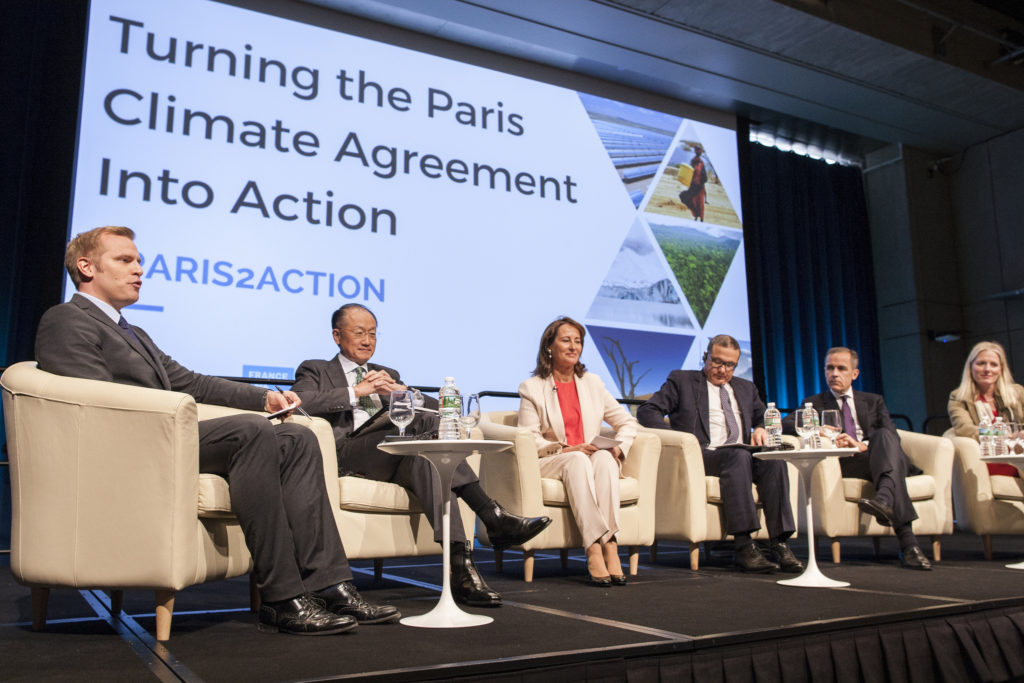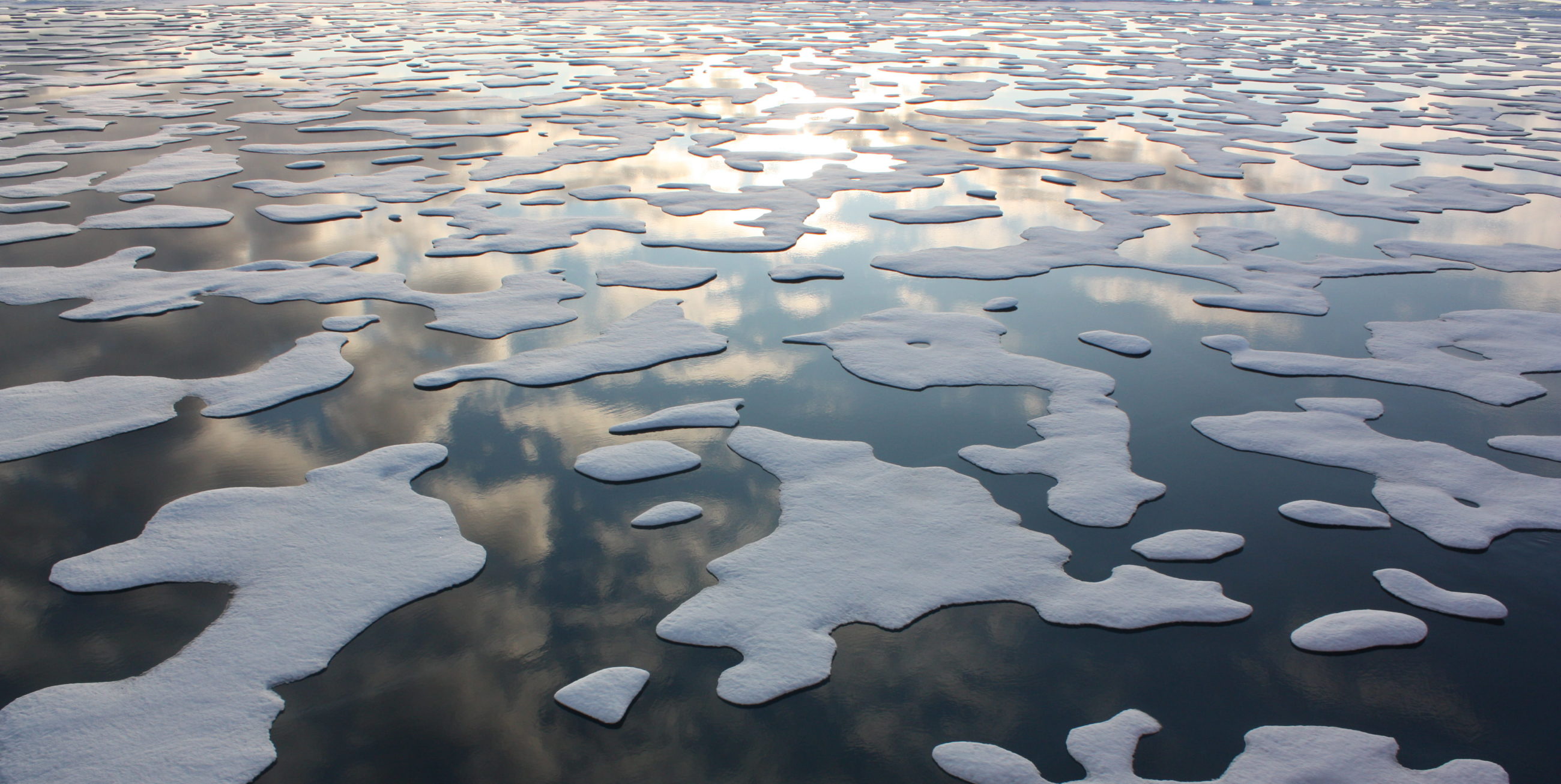Abstracts: Paris Agreement, ExxonMobil, and More
• World leaders met in New York on Friday to sign the Paris climate agreement, with many of the big players already having made ambitious plans to cut emissions. (New York Times)
• The peer review system for publishing scientific research has its roots in the early 1800s — and it was controversial from the start. (Nature)

A high-level panel address their commitments to move from the Paris Agreement to implementation.
• Vice President Joe Biden’s National Cancer Moonshot Initiative is a hopeful step forward for science, but to some it seems more like science fiction. (The Atlantic)
• Lawyers for ExxonMobil claim that the investigations by several attorney generals into the oil giant’s history of climate research and denial violates the company’s First Amendment rights. (Inside Climate News)
• An interactive map shows, by county, what Americans do and do not believe with regard to climate change. Most love renewable energy. Carbon taxes, not so much. (Vox)
• A meta-analysis in PLOS One suggests that Americans see scientists as more amoral than the average person. (Pacific Standard)
• Big data is not a panacea, but is rife with limitations and misinterpretations. (Nautilus)
• A new study finds that about 1 out of every 25 biomedical science articles contains a copied or otherwise altered image. (Nature)
• A pastel artist exquisitely captures the disappearing ice in the extreme reaches of our planet. (Wall Street Journal)
• And finally: A look at some of the statistics behind Bill Gates’ list of the most dangerous animals. Mosquitoes are first; humans are second. (STAT)










